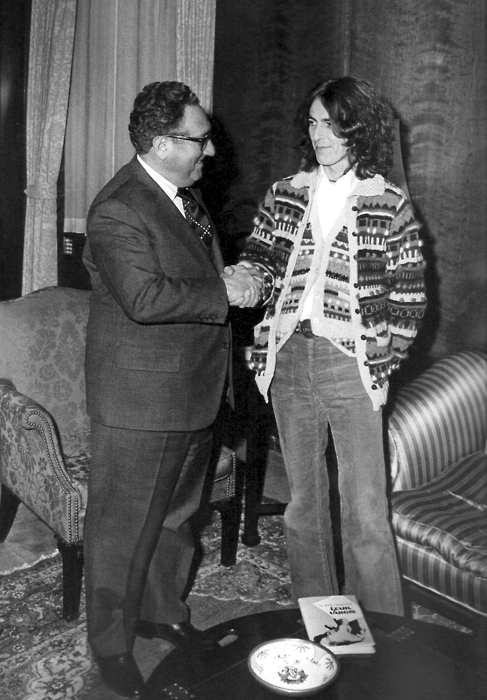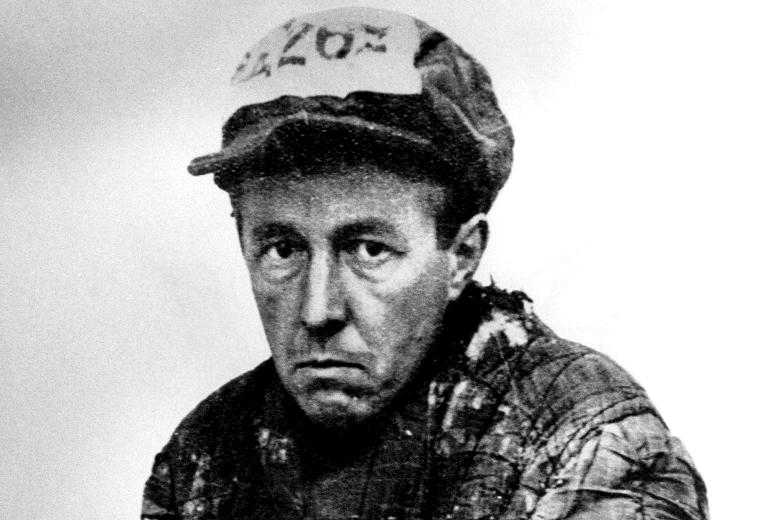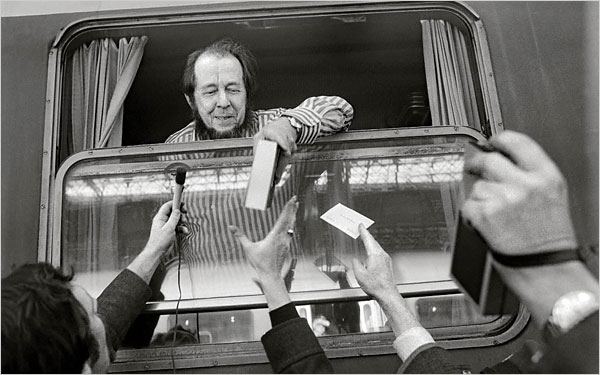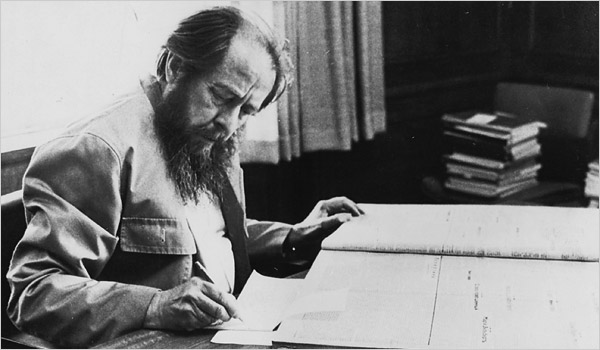Aleksandr Solzhenitsyn gave Vladimir Putin his blessing for engagement in Ukraine twenty years in advance, and while Henry Kissinger doesn’t go that far, he is seriously sympathetic to the embattled Russian leader, who seems a twentieth-century figure unfortunately cast into the future, a man out of time. From a Q&A with the former Secretary of State conducted by Juliane von Mittelstaedt and Erich Follath of Spiegel:
“Spiegel:
So let’s talk about a concrete example: How should the West react to the Russian annexation of Crimea? Do you fear this might mean that borders in the future are no longer incontrovertible?
Henry Kissinger:
Crimea is a symptom, not a cause. Furthermore, Crimea is a special case. Ukraine was part of Russia for a long time. You can’t accept the principle that any country can just change the borders and take a province of another country. But if the West is honest with itself, it has to admit that there were mistakes on its side. The annexation of Crimea was not a move toward global conquest. It was not Hitler moving into Czechoslovakia.
Spiegel:
What was it then?
Henry Kissinger:
One has to ask one’s self this question: Putin spent tens of billions of dollars on the Winter Olympics in Sochi. The theme of the Olympics was that Russia is a progressive state tied to the West through its culture and, therefore, it presumably wants to be part of it. So it doesn’t make any sense that a week after the close of the Olympics, Putin would take Crimea and start a war over Ukraine. So one has to ask one’s self why did it happen?
Spiegel:
What you’re saying is that the West has at least a kind of responsibility for the escalation?
Henry Kissinger:
Yes, I am saying that. Europe and America did not understand the impact of these events, starting with the negotiations about Ukraine’s economic relations with the European Union and culminating in the demonstrations in Kiev. All these, and their impact, should have been the subject of a dialogue with Russia. This does not mean the Russian response was appropriate.
Spiegel:
It seems you have a lot of understanding for Putin. But isn’t he doing exactly what you are warning of — creating chaos in eastern Ukraine and threatening sovereignty?
Henry Kissinger:
Certainly. But Ukraine has always had a special significance for Russia. It was a mistake not to realize that.”
____________________________
At the 15:40 mark of this episode of The Baseball of World of Joe Garagiola, we see Kissinger, who could only seem competent when standing alongside that block of wood Bowie Kuhn, being honored at Fenway Park before the second game of the sensational 1975 World Series.




